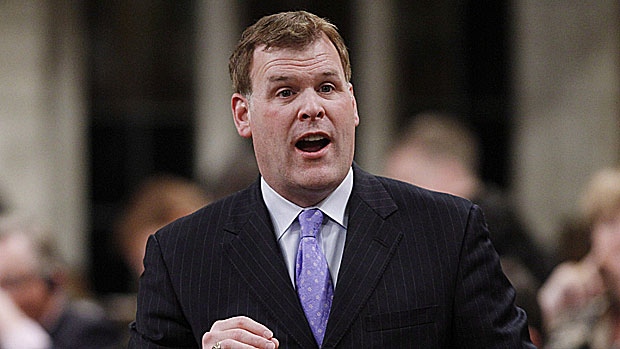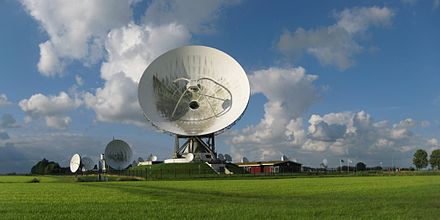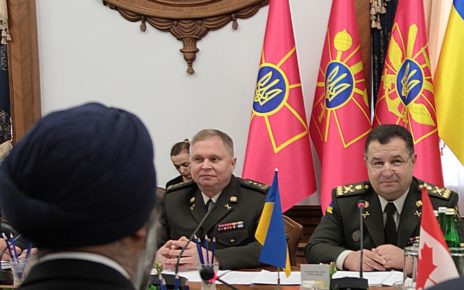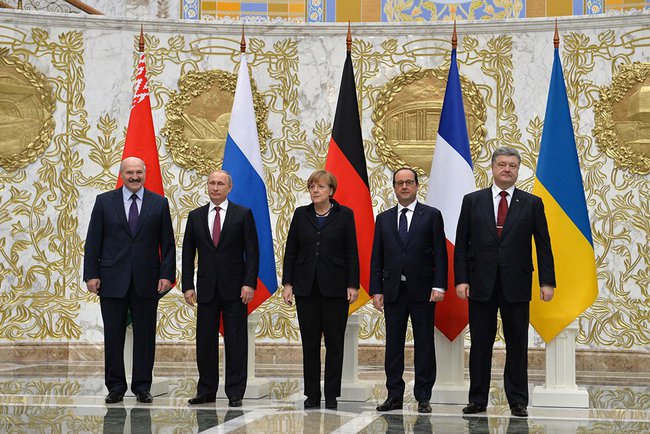PART II: HARPER’S FOREIGN POLICY
In September 2012, as the United States threatened further sanctions and rumours circulated of an imminent Israeli attack on Iranian nuclear facilities, the Harper government unilaterally severed diplomatic ties with the Islamic Republic.
Canadian Foreign Minister John Baird attributed the rare move to several issues, namely Iranian support for the Syrian regime and the speculation surrounding its nuclear program. Notably, a New York Times report from early October indicates that around the time Canadian diplomats left Tehran, Israeli Prime Minister Benjamin Netanyahu “was on the verge of ordering an airstrike on Iran’s nuclear plants.” The report adds that American persuasion averted the strikes.
Minister Baird denied any knowledge of Israeli intensions but noted, “It’s simply no longer safe to have representatives of the government of Canada in Tehran.”
Since his majority victory in 2010, support for the State of Israel has become a pillar of Harper’s foreign policy, one that has catalyzed a voter migration of Canada’s Jewish community from the Liberals to the Conservatives. Polls estimate the Conservatives captured 52% of the Canadian Jewish community’s vote in the last election, mirroring Prime Minister Netanyahu’s applause, which thanked Harper for his decision to expel Iran’s diplomats.
“Neo-conservative policymakers ousted from Washington have spread their networks to include Canada’s executive branch, in pursuit of a more cohesive North American foreign policy.”
Canada has also lent its voice to advance Israeli interests at the international level, voting against granting Palestine non-member observer status at the United Nations in 2012 along with only eight others.
Speaking at a conference held by the American Israel Public Affairs Committee (AIPAC) in Washington this past March, Minister Baird warned the Palestinian Authority that Canada would consider ending its humanitarian aid to Palestinians should Mahmoud Abbas approach the International Criminal Court with the case of settlement expansion.
There are signs that neo-conservative policymakers ousted from Washington have spread their networks to include Canada’s executive branch in pursuit of a more cohesive North American foreign policy.
Executive director of the Foundation for the Defense of Democracies, Mark Dubowitz, partly responsible for crafting the US sanctions regime against Iran, has long lobbied for more stringent policies. Dubowitz met with the Foreign Affairs and National Security committees in Ottawa on at least two occasions between 2011-2012 regarding Canadian policy towards Iran.
The foundation’s chairman James Woolsey, along with advisors William Kristol, Reuel Marc Gerecht and Joe Lieberman all played prominent roles in advocating for the invasion of Iraq a decade ago and are actively promoting tougher policies towards Iran.
Participating in a telephone town hall with Israel’s ambassador to Canada Rafi Barak and Mark Dubowitz in late November, Minister Baird sounded less pessimistic stating that Canada would await the implementation of the interim agreement and expressed hoped that a diplomatic solution with Iran was possible.
Although the Harper government has abandoned the prospects of diplomacy with the Iranians, the administration has been careful to stop short of supporting unilateral military action.
In contrast to the “made-in-Canada” approach to foreign policy and an announced economic approach to diplomacy recently introduced by the Harper government, different forces appear to have helped shape policies regarding relations with Iran. Washington think tanks and organizations linked to prominent supporters of the invasion of Iraq have worked to influence Canadian policy while eagerly awaiting a return to the White House.





